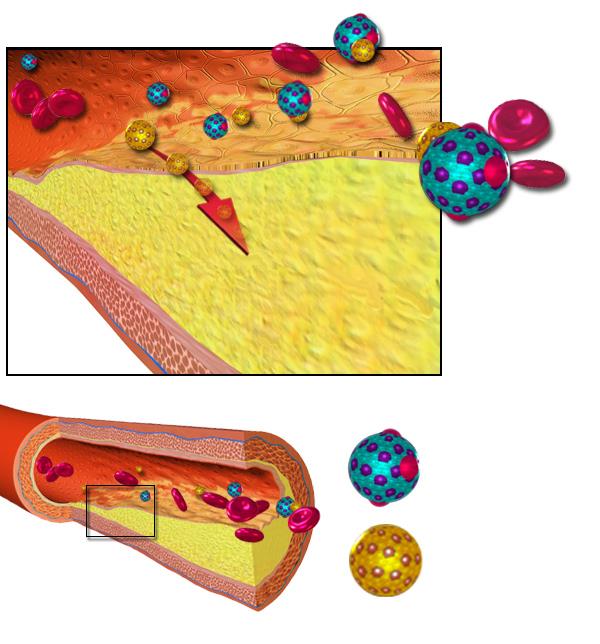
Circumcision: What Does Science Say?
There are no compelling scientific arguments for or against neonatal circumcision. Benefits and risks are, scientifically speaking, small. However, the nonscientific arguments for and against circumcision are loud, and often irrational.
Another Useless NCCAM-Funded Study
Sometimes I read an article in a medical journal that makes me say, “Well, duh! I could have told you that without a study.” Sometimes I read collected data that make me ask, “So what?” Sometimes I read an article that makes me wonder what kind of pogo stick they used to jump from their data to their conclusions. Sometimes I read...
Massage for AIDS
I recently learned of a study entitled “Dominican Children with HIV not Receiving Antiretrovirals: Massage Therapy Influences their Behavior and Development.” It disturbed me, and I couldn’t get it out of my head. They’re massaging these kids but letting them die of AIDS? I went back and read the complete article, and it left me even more disturbed. They studied 48 Dominican...

Cholesterol Skeptics Strike Again
I’m really tired of arguing about cholesterol, but I feel obliged to stand up once more to defend science-based medicine from unfair calumny. Lewis Jones’s article “Cholesterol-shmesterol” in Skeptical Briefs (December 2007) included errors and misconceptions about cholesterol. It was a re-hash of the same kind of misinformation that is being spread by The International Network of Cholesterol Skeptics (THINCS) and that...
What’s for Dinner?
Diet advice changes so fast it’s almost a full-time job to keep up with it. Avoid cholesterol; no, avoid saturated fats; no, avoid trans-fats. Avocados are bad; no, avocados are good. Wheat germ is passé; now omega 3s are de rigueur. The supermarket overwhelms us with an embarras de richesses, a confusing superabundance of choices from “organic” to low-sodium. How can we...
Misleading Ads in Scientific American
I’m frequently asked, “Is what that ad says really true?” Three recent inquiries have been about products advertised in Scientific American. An ad may acquire a certain cachet by appearing in a prestigious science magazine, but that doesn’t mean much. Scientific American’s editorial standards apparently don’t extend to its advertising department. I remain skeptical about the claims for all three of these:...
4 Minute Exercise Machine
I know I should exercise regularly, but I’m congenitally lazy and am ingenious at coming up with excuses. There’s an exercise machine that sounds like the end of all excuses, a dream come true. You’ve probably seen the ads in various magazines. The ROM Machine: “Exercise in Exactly 4 Minutes per Day.” It claims that you can get the same benefit, at...

Is Kava Safe?
Kava is a plant that grows in the western Pacific. It was traditionally prepared as a drink and used for its psychoactive properties, including sedation, relaxation, and relief of anxiety. It is intoxicating but not addictive. It has become a popular supplement in the US, used to treat anxiety, depression, insomnia, stress, and menopausal symptoms. It has also been suspected of killing...
Misleading Ads for Back Pain Treatment
There was a full-page ad in my local paper today for Back in Action Spine and Health Centers, targeted at sufferers from almost any kind of chronic back pain. It started with “Are You Ready to Throw in the Towel and Just Live with Hurting So Bad?” It went on to make a number of claims: Doctors can fix the problem. Breakthrough...


